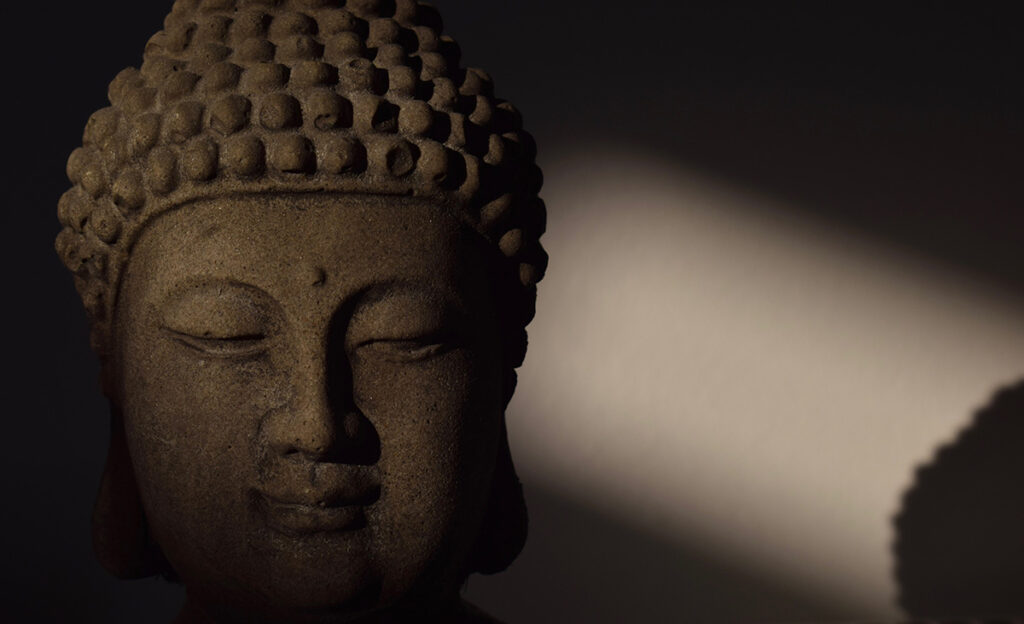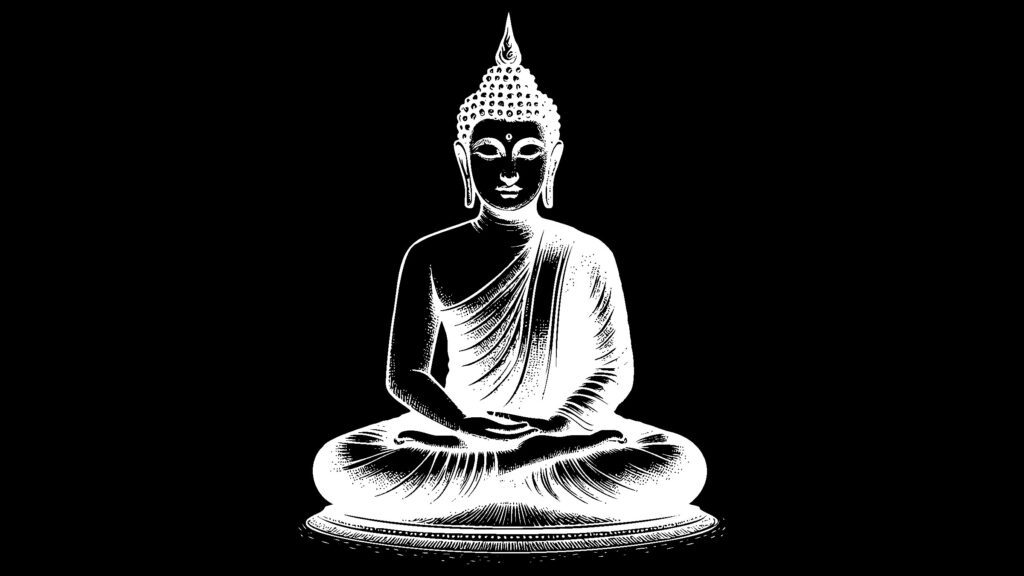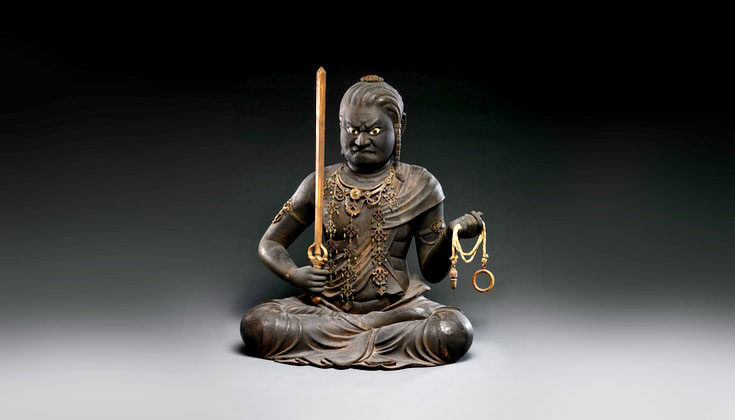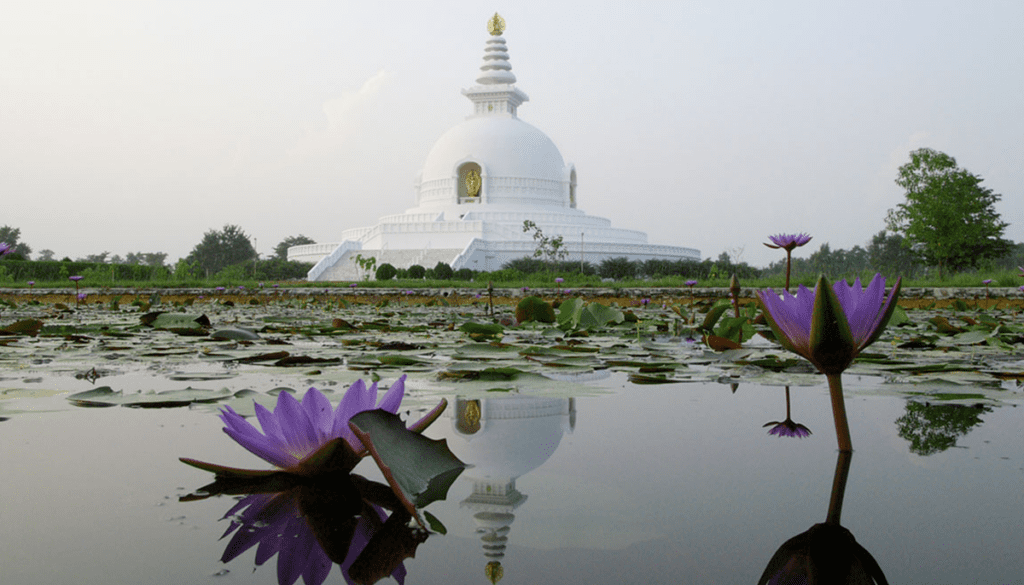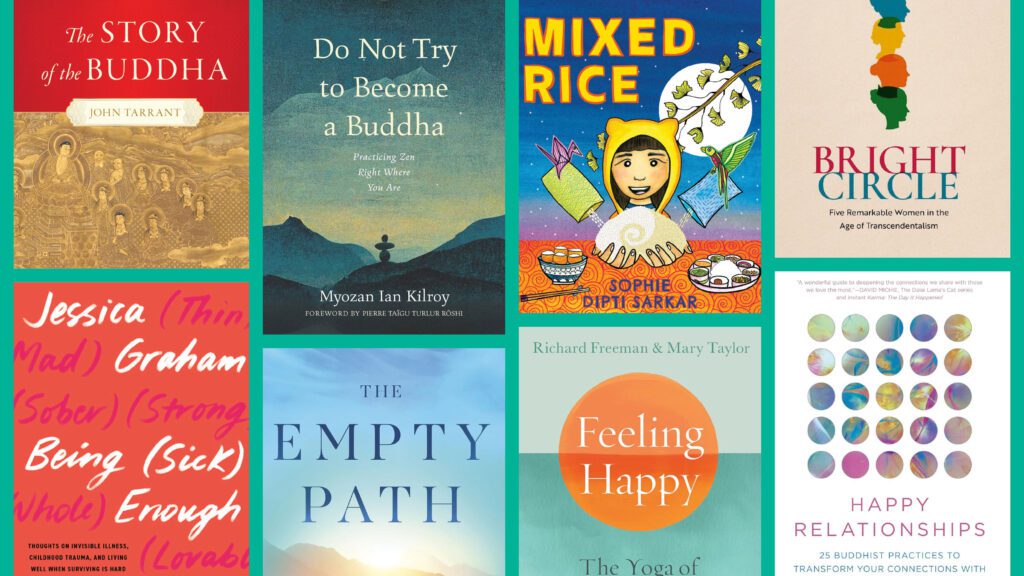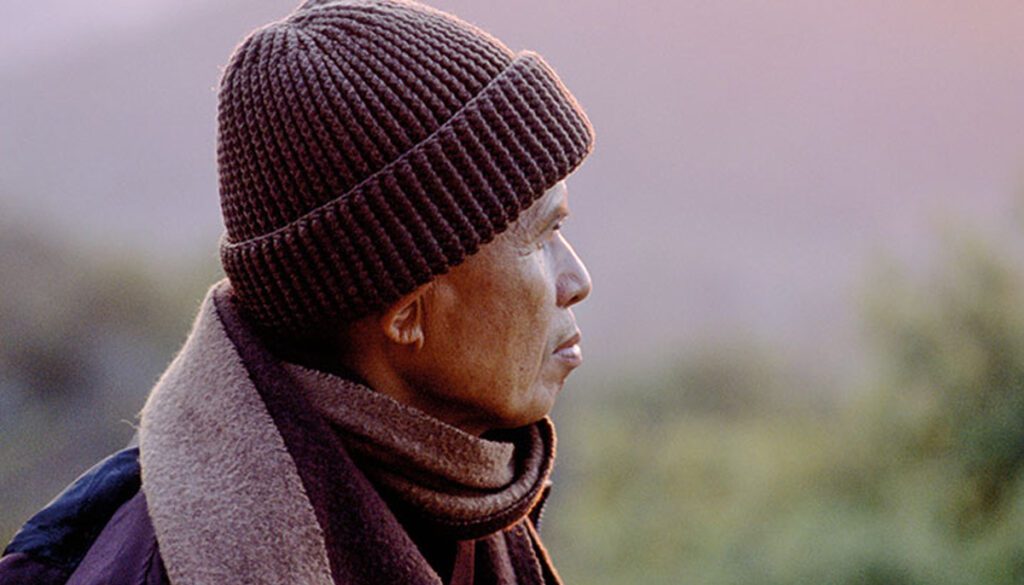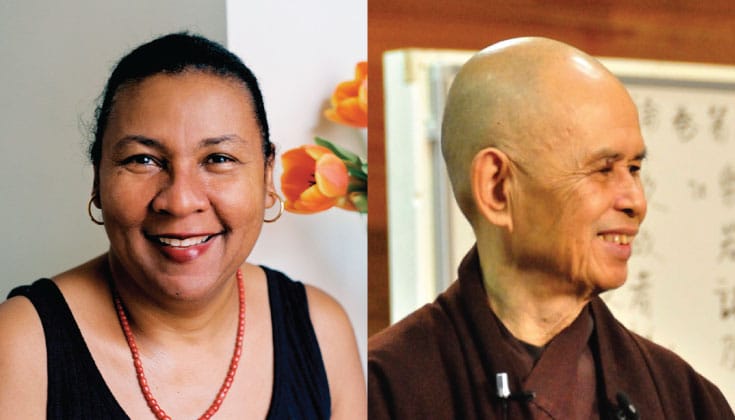Category: Buddhist Wisdom
Buddhism’s “Five Remembrances” Are Wake-Up Calls for Us All
Perfectly clear, compassionate, and concise, the "Five Remembrances" are Buddhism at its very best. Koun Franz explains.
A More Present Life Starts Now
Life and practice don't need to be separate, writes Emily Horn. She shares how we can integrate moments of meditation into the routine experiences of our every day lives.
Pema Chödrön’s Six Kinds of Loneliness
To be without a reference point is the ultimate loneliness. It is also called enlightenment.
How to Break Free From Comparison and Judgment
The superiority complex, the inferiority complex, and the equality complex are painful traps we fall into if we believe we have a separate self. Sister Boi Nghiem on transforming complexes into confidence and compassion.
What Cancer Taught Me
Paul Daisuke Goodman on what leukemia has taught him about ego, impermanence, and the incredible power of community.
Life on the Edge
Buddhist teacher Joan Halifax describes five “edge states” where courage meets fear and freedom meets suffering.
How should a Buddhist practitioner deal with doubt?
The teachers are asked, "how do I deal with doubt?"
Is it ever appropriate for a Buddhist teacher to be wrathful with a student?
The teachers are asked "Is it ever appropriate for a teacher to be wrathful with a student?"
How do I help my non-Buddhist friend without seeming preachy?
I would like to help my friend out and to help them find their way to the path. How can I do that without seeming to preach Buddhism?
The Eightfold Path: Right Thought
We can’t control our thoughts, says Reverend Marvin Harada. But we can reflect on them—and doing that changes everything.
What Does It Mean to Be Enlightened?
Contrary to popular thought, awakening isn’t a distant goal. In fact, says Lisa Ernst, awakening is always available.
In the Footsteps of the Buddha
When we visit the very places where the Buddha lived and taught, we discover deeper meaning in his teachings. Shantum Seth takes us on a sacred pilgrimage.
Your Enlightened Nature
The essence of mind is empty, luminous awareness. Mingyur Rinpoche on the Tibetan Buddhist practice of Dzogchen.
4 Ways to Heal Trauma with Love
Loving-kindness, compassion, sympathetic joy, equanimity—these four loving qualities are powerful ways to heal our trauma.
Discover the Joy of Doing Nothing
Zen teacher Pat Enkyo O’Hara teaches us the practice of Shikantaza.
March 2025: Books in Brief
Jessica Little reviews “The Story of the Buddha” by John Tarrant, “The Empty Path” by Billy Wynne, “Happy Relationships” by Kimberly Brown, and more.
To Practice Mindfulness Is to Return to Life
Thich Nhat Hanh says that mindfulness shows us the suffering of life and connects us with compassion.
Meditation for Kids
Even young children can learn to tune into themselves and the world with curiosity and wonder. Vanessa Zuisei Goddard offers step-by-step instructions for teaching them.
Memories of Thay
This week marks the third anniversary of the passing of Thich Nhat Hanh, the influential Vietnamese Buddhist teacher and founder of the Engaged Buddhism movement. Here, a selection of Buddhist teachers and thought leaders share their tributes and memories.
Building a Community of Love: bell hooks and Thich Nhat Hanh
In this conversation, bell hooks and Thich Nhat Hanh reflect on the enduring legacy of Martin Luther King, Jr., and discuss how we can build a community of love.
